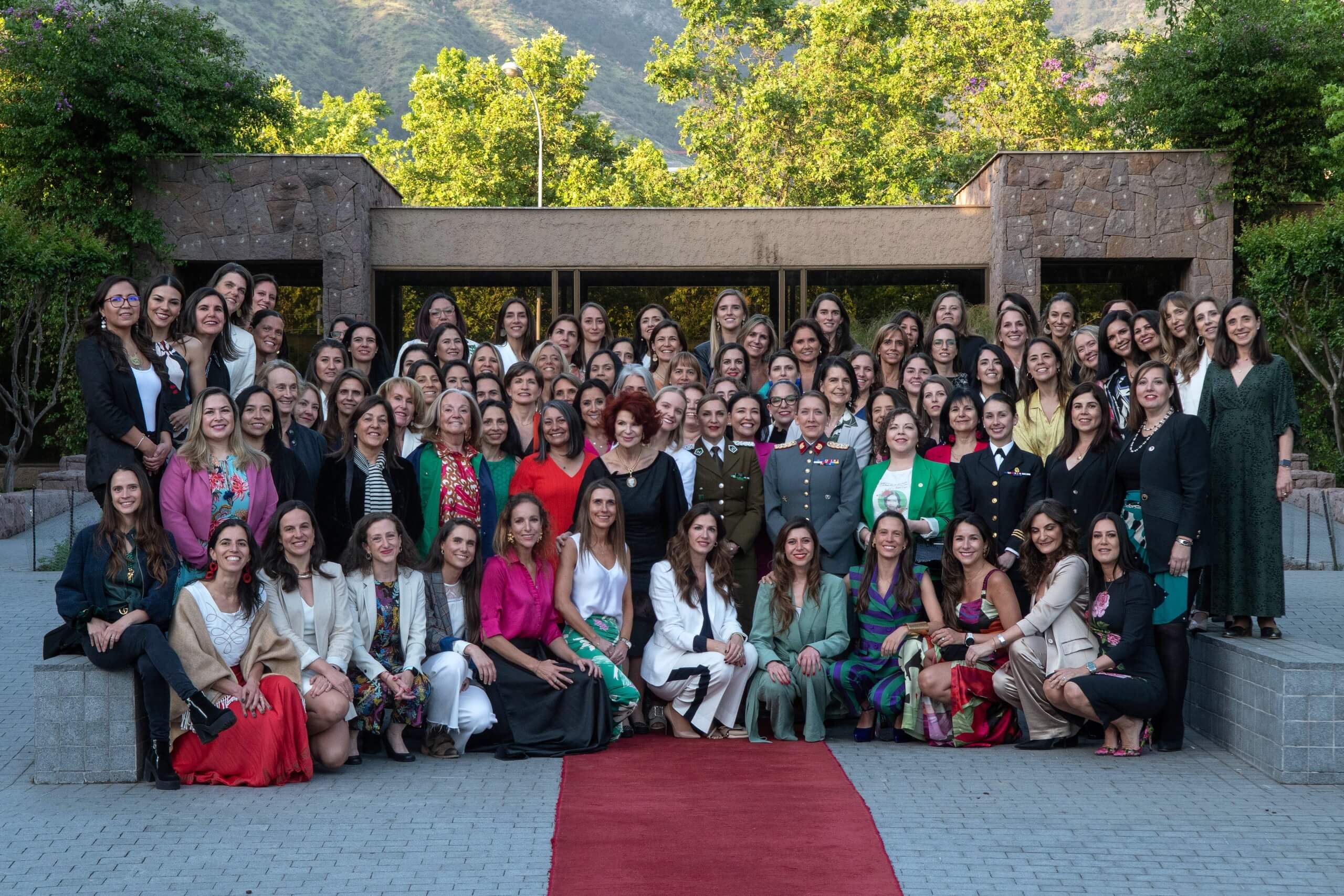Three Luksic Scholarships are now available for two Master’s programs offered at the Edinburgh Futures Institute of the University of Edinburgh: a Master’s of Science in Circular Economy and a Master’s of Science in Data and Artificial Intelligence Ethics. Find out here how to register for the online session below to learn more about this opportunity.
The new Luksic Scholarship at the Edinburgh Futures Institute of the University of Edinburgh is an academic opportunity that provides three full scholarships each year to Chilean candidates who wish to study at one of the most recognized universities in the United Kingdom.
Those who interested in learning more about this academic opportunity are invited to join an information session in which representatives from the Edinburgh Futures Institute alongside the Luksic Scholars team will provide further details and answer any questions. Applications for the program and Scholarship close on April 4, 2024.
The information session will take place on Tuesday, March 19, at 12:00 pm CLST.
The event will be carried out in English, and a recording will be made available on the Luksic Foundation’s YouTube channel.
During the webinar, the following topics will be discussed:
- Information about the University of Edinburgh and the Edinburgh Futures Institute: Its mission, academic focus, campus life, and what makes this institution stand out.
- Information about the two Master’s programs: Circular Economy and Data and Artificial Intelligence Ethics. Details of each available master’s program and the mode in which they are taught.
- Admissions and financial aid: Information about the process to access funding, as well as the specific requirements to apply for the Luksic Scholarship.
About Luksic Scholars
Luksic Scholars facilitates access to international academic opportunities in collaboration with renowned universities around the world, offering scholarships for master’s and doctoral programs, research, and specific programs.
Participants in any Luksic Scholars program become part of the Luksic Scholars Community, a broad network of more than 1,800 Scholars, which offers unique benefits and opportunities.
About the Edinburgh Futures Institute of the University of Edinburgh
The University of Edinburgh is an academic institution with a long history in the United Kingdom, opening its doors in 1583. Over the years, it has been recognized for its academic and research quality. It is also one of the most popular universities in the United Kingdom with 45,000 students spread across six campuses throughout the city.
The Edinburgh Futures Institute was created to contribute to the evolution of higher education in the 21st century, under the conviction that global challenges are increasingly complex and interconnected. The Institute’s focus is on innovation, creativity, diverse perspectives, and collaborative knowledge building, to address problems from a collaborative and interdisciplinary approach.

